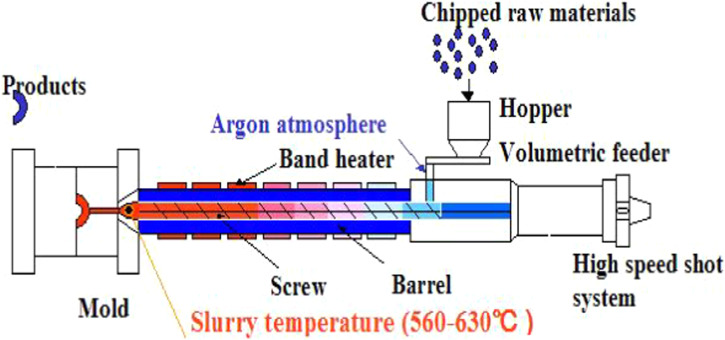Aluminum casting is a widely used manufacturing process that involves pouring molten aluminum into a mold to create a desired shape or form. It is a versatile and cost-effective method for producing high-quality aluminum parts that can be used in various applications across different industries.
One of the key advantages of aluminum casting is its ability to create complex shapes and intricate designs. The molten aluminum can be easily poured into molds of different sizes and shapes, allowing for the production of parts with precise dimensions and intricate details. This makes aluminum casting suitable for a wide range of applications, from automotive components to aerospace parts.
Another benefit of aluminum casting is its lightweight nature. Aluminum is known for its low density, which makes it an ideal material for applications that require lightweight yet strong parts. Aluminum casting allows for the production of parts that are not only lightweight but also highly durable and resistant to corrosion, making them suitable for use in harsh environments.
In addition to its lightweight nature, aluminum casting offers excellent thermal conductivity. This property makes aluminum parts highly efficient in dissipating heat, making them suitable for applications that involve high temperatures or heat transfer. Industries such as electronics, automotive, and telecommunications can benefit from the thermal conductivity of aluminum casting parts.
Furthermore, aluminum casting parts can be easily machined and fabricated to meet specific requirements. They can be welded, drilled, and tapped, allowing for further customization and integration into larger assemblies. This flexibility in machining and fabrication makes aluminum casting an attractive choice for industries that require precision and versatility in their parts.
The automotive industry, in particular, benefits greatly from the use of aluminum casting parts. The lightweight nature of aluminum helps improve fuel efficiency and reduce emissions in vehicles. Aluminum parts are commonly used in engines, transmission systems, and chassis components, contributing to overall weight reduction and improved performance.

The aerospace industry also relies heavily on aluminum casting parts. Aircraft components such as engine parts, landing gears, and wing structures often require lightweight materials with high strength and durability. Aluminum casting provides a cost-effective solution for producing these parts, as it allows for the creation of complex geometries while maintaining structural integrity.
In conclusion, high-quality aluminum casting parts have become indispensable in various industries due to their versatility, lightweight nature, excellent thermal conductivity, and ease of machining. From automotive to aerospace applications, aluminum casting offers a cost-effective and reliable solution for manufacturing complex parts with precise dimensions and intricate designs. As technology continues to advance, the demand for aluminum casting parts is expected to grow, further driving innovation and advancements in the field.

 0086-750-5616188
0086-750-5616188 +86 13392089688
+86 13392089688 sales@zhongmei-tech.com
sales@zhongmei-tech.com













